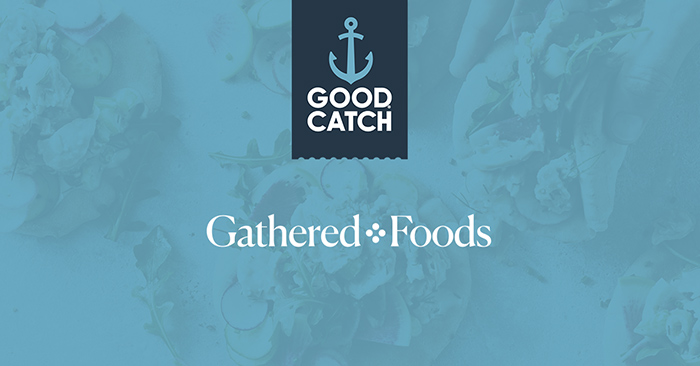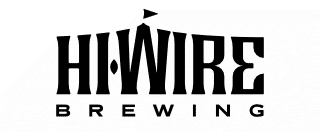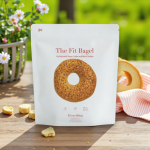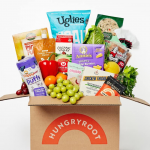Gathered Foods Raises $26.35M As It Casts Net Internationally

Gathered Foods, maker of plant-based seafood brand Good Catch, announced yesterday it has raised $26.35 million in a funding round which the company will use to fuel new product innovation and continue its international expansion.
Participants in the round include global agriculture goods firm Louis Dreyfus Company (LDC) along with Unovis Asset Management and Big Idea Ventures. The company has classified the latest investment as a bridge round, coming after the company raised $36.8 million in a Series B in January 2020 to fund the opening of its new production facility in Heath, Ohio — which subsequently opened last August. The company also brought on a roster of celebrity investors including Woody Harrelson, Shailene Woodley, Paris Hilton and Lance Bass last May. With the latest funding, the company’s total capital raised to date is over $70 million.
LDC’s global reach, expertise in supply chain and its R&D capabilities will be an asset to the brand as it widens its global footprint and grows its portfolio, and will ultimately “help sharpen [the company’s] ability to positively disrupt a nascent industry,” said CEO Christine Mei, who joined the company last July.
A portion of the new funding will be used as fuel for the company’s innovation pipeline. New products are set to launch later this year, but Mei declined to provide details about the products. Last summer, the company expanded in retail beyond its ready-to-eat pouches of Plant-Based Tuna with a frozen line that included Plant-Based Fish Burgers, Crab Cakes and Fish Cakes. However, these frozen products had been shown at trade shows for years before they made it into retail, and the new items later this year could be the first products the industry has yet to see or taste.
After gaining distribution in the U.S. in retailers like Walmart, Safeway, Publix and Whole Foods, the company has begun to forge new foodservice partnerships to ensure Good Catch products “are readily available for consumers to experience,” Mei said. It announced its first restaurant partnership in October with fast casual restaurant Veggie Grill, offering a Tuna Melt using the company’s plant-based tuna. In February, the company also tested its Classic Fish Burger at select Bareburger locations. Both limited run items were successful and have now become permanent menu items, Mei said. The company has also launched its deli-style tuna salad at Whole Foods in 10 states.
To reach even more consumers, the company also launched an ecommerce platform last November and added its frozen line to the site last month.
“As we all continue to navigate through the pandemic and a post-pandemic world, it’s important that we continue to diversify the ways that consumers can access our products,” Mei said.
The company has made gains internationally and will use the funds to further grow Good Catch’s global footprint, particularly in Europe, Mei said, where it’s currently sold in retailers in the Netherlands, U.K. and Spain. Its products are also sold in Loblaws and Sobeys in Canada. The company has also partnered with several distributors in the Netherlands and PHW in Germany to increase its availability in retail and foodservice throughout Europe. In addition to its European push, Mei said the company is “committed to a learning strategy in Asia this year” as well.
“We’re excited to explore how we can satisfy Asian consumers with Good Catch’s taste, texture, and comparable protein versus the more conventional options consumers there are accustomed to,” she said.
As the company makes its products more readily available to consumers through new channels and geographies, it also aims to make them more affordable. Last year, the company announced a joint venture with seafood producer and distributor Bumble Bee Foods, with the global seafood company distributing Good Catch products in the U.S. and Canada. This partnership has allowed the company to “scale availability much more quickly than if we were to do it on our own,” Mei said, and will eventually help the company lower retail prices.
“Making our products more accessible to more people is a top priority for us,” she said. “We’re still very much a startup, and have a ways to go here, but it’s a long-term priority.”

















